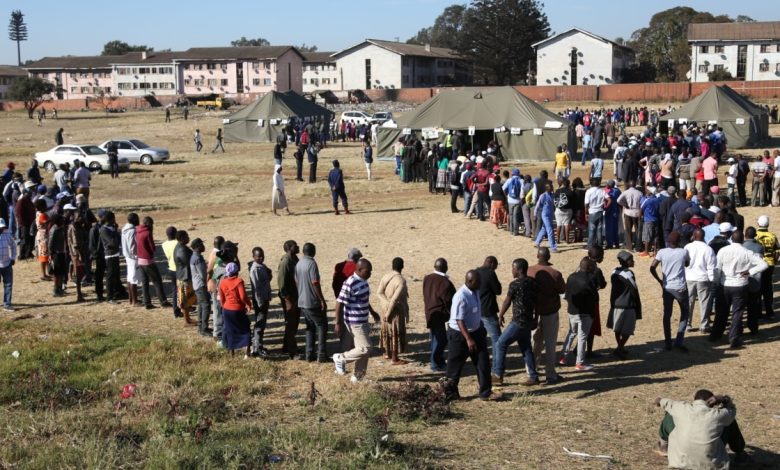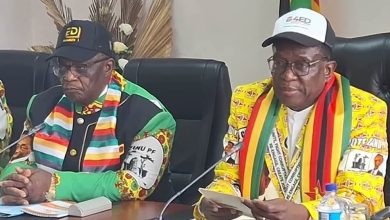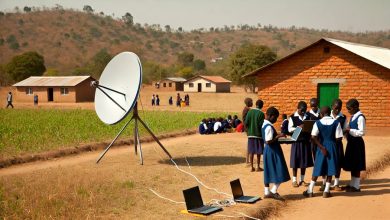Why Zimbabwe elections must be held between August 20 and 26
'It is highly unlikely that a general election due between 20 and 26 August 2023 will be called off barring unforeseen events'

BY PHILLAN ZAMCHIYA
President Mnangagwa keeps giving hints Zimbabwe’s elections will be held not later than August this year
Let me attempt to answer three topical issues in relation to Zimbabwe’s upcoming general elections. When is the general election going to be held? Will the general election be postponed? When is the actual election date going to be set?
I will try to answer these three questions as a student of constitutional law and politics.
First, when is the general election going to be held?
I posit that a lawful election can only happen between the 20th and the 26th of August 2023. This is in contrast to the dominant proposition in the public domain that states that the election is constitutionally due between the 27th of July and the 26th of August 2023.
Politically, any date between 20 and 26 August 2023 will not make any fundamental difference to the election dynamics. However, if the election is held on any other date, it will be a violation of the constitution and that will result in constitutional court challenges.
Why then is it that some commentators and the media are erroneously propagating the election period between 27 July and 26 August? Reader, this is because section 158 (1 a) of the constitution is clear that a general election must be held so that polling takes place not more than 30 days meaning not earlier than 30 days before the expiry of the President’s term of office.
Mnangagwa was sworn in as President on 26 August 2018. So no voting should happen earlier than the 27th of July 2023 which marks 30 days before expiry of Mnangagwa’s term. At the same time, an election cannot be held after 26 August 2023 because Mnangagwa’s term of office would have expired.
This means that voting will have to take place between the 27th of July (not earlier than 30 days before Mnangagwa’s term expires) and the 26th of August (not after the expiry of Mnangagwa’s term).
This the constitutional provision that many commentators have emphasised giving a wide range of an election period as between 27 July and 26 August 2023.
However, my departure point is that section 158 (1a) should be read together with Section 161 (2) of the constitution to give a more precise answer as to when polling will take place in the current context.
Reader, this is important because according to Section 161 (2) of the constitution, if the Zimbabwe Electoral Commission (ZEC)’s delimitation of new electoral boundaries is completed less than six months before the voting day in a general election, the new boundaries so delimited cannot apply in that election.
The President gazetted ZEC’s new delimitation report on 20 February 2023 in line with section 161 of the constitution. As a result, six months after 20 February takes us to 20 August 2023.
Reader, this means if the new electoral boundaries are going to be used, the election cannot happen before 20 August according to section 161 of the constitution and we already know the election can also not happen after 26 August as enshrined in section 158 of the constitution. Hence, if both sections are read together a lawful election can only happen between 20 and 26 August 2023.
However, can the general election be postponed?
It is highly unlikely that a general election due between 20 and 26 August 2023 will be called off barring unforeseen events such as an earthquake, a disease outbreak like Covid 19 or civil war.
I do not even think that the court case challenging the validity of the delimitation report and seeking to postpone the election will succeed.
Never mind that constitutionally, there is no explicit provision for the postponement of elections.
This is not because of the court case’s merits or lack thereof. Reader, the dominant precedence in world politics is that when politics and law clashes, politics seem to always prevail.
Rather, one needs to understand the nature of the post-colonial Zimbabwean state and its politics to appreciate why the election is most likely not be postponed. Zimbabwe has held regular general elections when constitutionally required to since the end of colonial rule in 1980.
However, Zimbabwe’s holding of regular elections does not suffice as a measure of democracy. In fact, across the world, governments are holding more and more elections, but the democratic quality of elections is arguably declining.
Since the end of the cold war, even hardcore authoritarian leaders have realised that it is better to hold and manipulate general elections than not to hold them at all for legitimation.
This is a trend Africa has recently witnessed in Djibouti, Cameroon and Equatorial Guinea, Chad, Uganda and the Republic of Congo.
This approach of holding elections without a choice has produced less electorally closed authoritarian regimes but more competitive electoral authoritarian regimes and this is where Zimbabwe fits in my analysis.
By allowing periodic elections, the Zimbabwe government tries to embrace at least a semblance of democratic legitimacy, hoping to satisfy external actors like the Commonwealth, the African Development Bank, United Nations, foreign investors, Western nations, regional and continental allies as well as internal actors.
At the same time, by placing the election under tight authoritarian controls they still show no apparent intention of surrendering power.
Reader, if the election is not going to be postponed when then is the election date going to be set?
It is the President who has the constitutional prerogative to fix the election date. However, there are two significant issues to consider provided in section 38 of the Electoral Act. First, the President must allow between 14 and 21 days after the publication of the election date for the nomination court to sit.
Second, the voting day that the President must set should be between 30 and 63 days after the sitting of the nomination court. So legally, one can only hold an election between 44 and 84 days after the presidential proclamation.
Reader, this simply means an election cannot happen in less than 44 days from the day Mnangagwa announces an election date. At the same time, this means an election can also not happen more than 84 days from the day Mnangagwa announces the polling date.
There will at least be 44 days and at most 84 days to prepare from the day Mnangagwa announces the election date. For example, in 2018 Mnangagwa set the 30 July election date on 30 May and that allowed for 60 days which fell between 44 and 84 days as required by law.
Given my proposition that the general election must be held between 20 and 26 August 2023 to meet the constitutional test, allow for the nomination court to sit and a decent campaign period thereafter, it is most likely that the President can proclaim the election date any day between 28 May and 7 July 2023 and you can factor in a very small margin of error.
However, based on political praxis, the proclamation to set the election date is likely to be in the week of 29 May to 2 June 2023 again allow a very small margin of error. Any proclamation in late June to July, though legal, will politically cast the poll as a ‘snap election’.
A snap election is one that is called suddenly and without a long political campaign period. Some authoritarian leaders use a snap election to ambush the opposition.
In also do not foresee a late proclamation because can trigger a crisis or shambolic election given financial and logistical demands for a harmonised election and ZEC’s state of unpreparedness.
Reader, in future it is good for electoral democracy for the election date to be clearly stated in the law so as to minimise manipulations and ambush by the political incumbent. For now, we are saved by the delimitation exercise and our reading of the politics to know that the general election must happen between the 20th and the 26th of August 2023.
Dr Zamchiya is a political analyst




